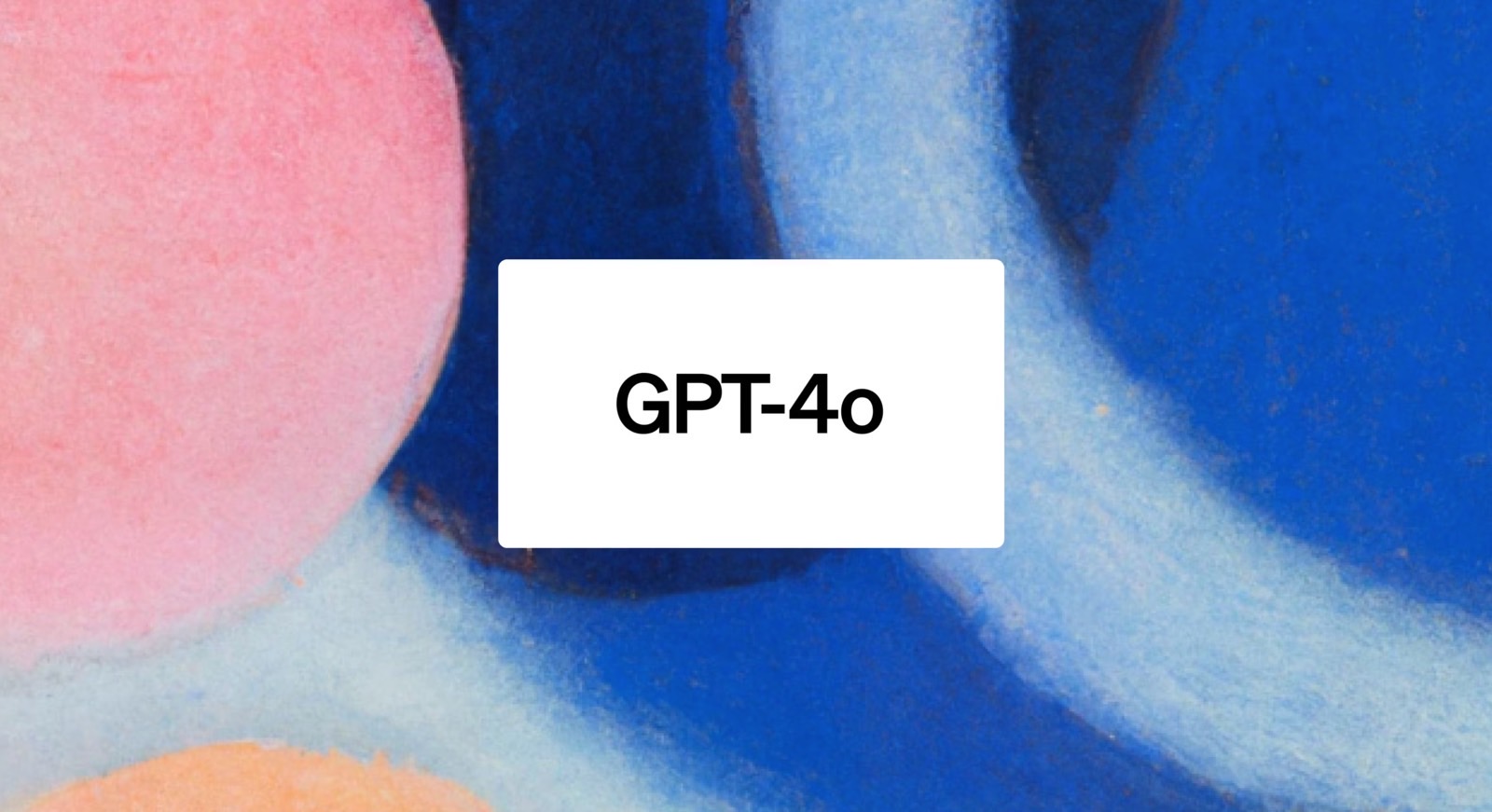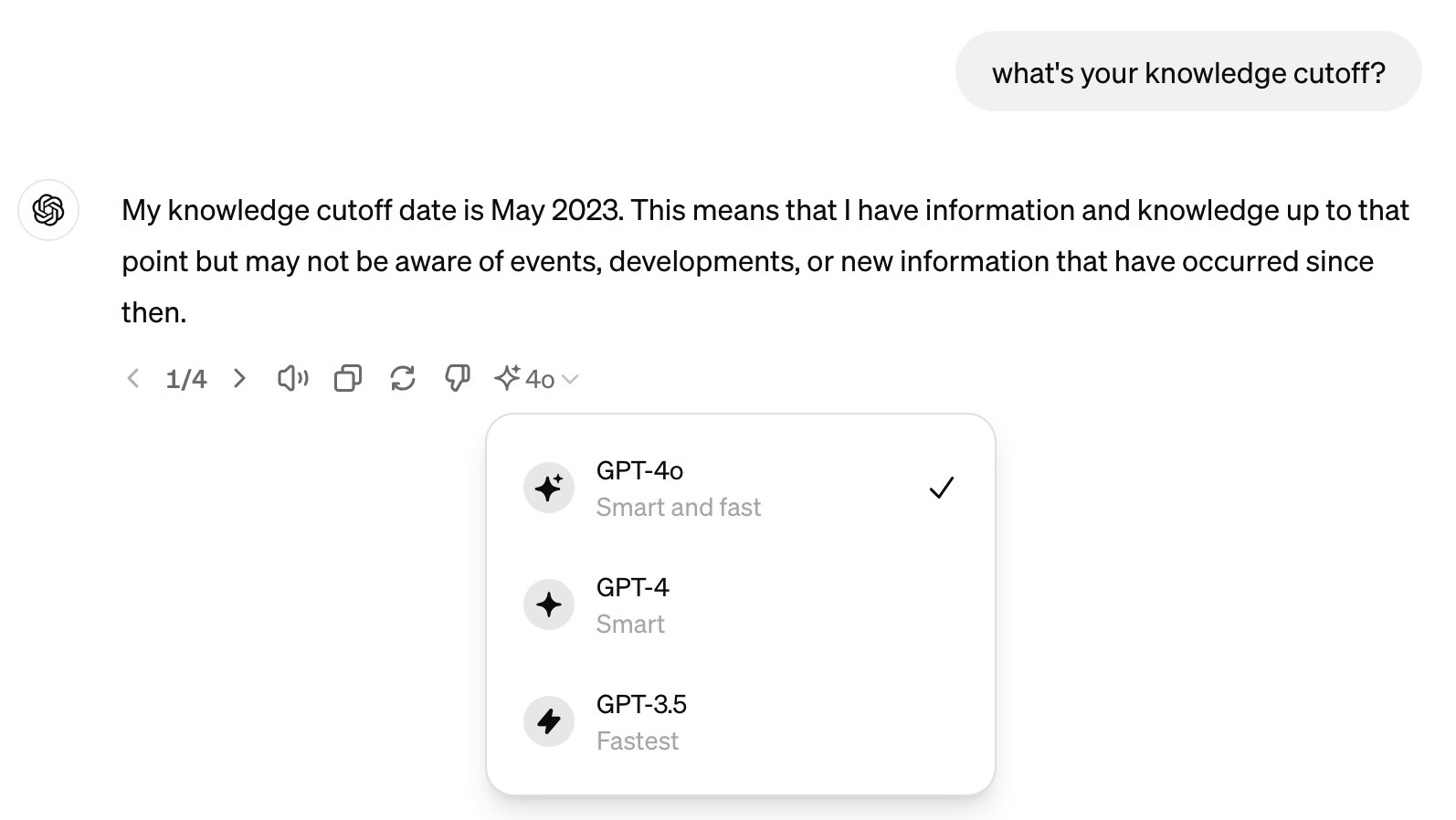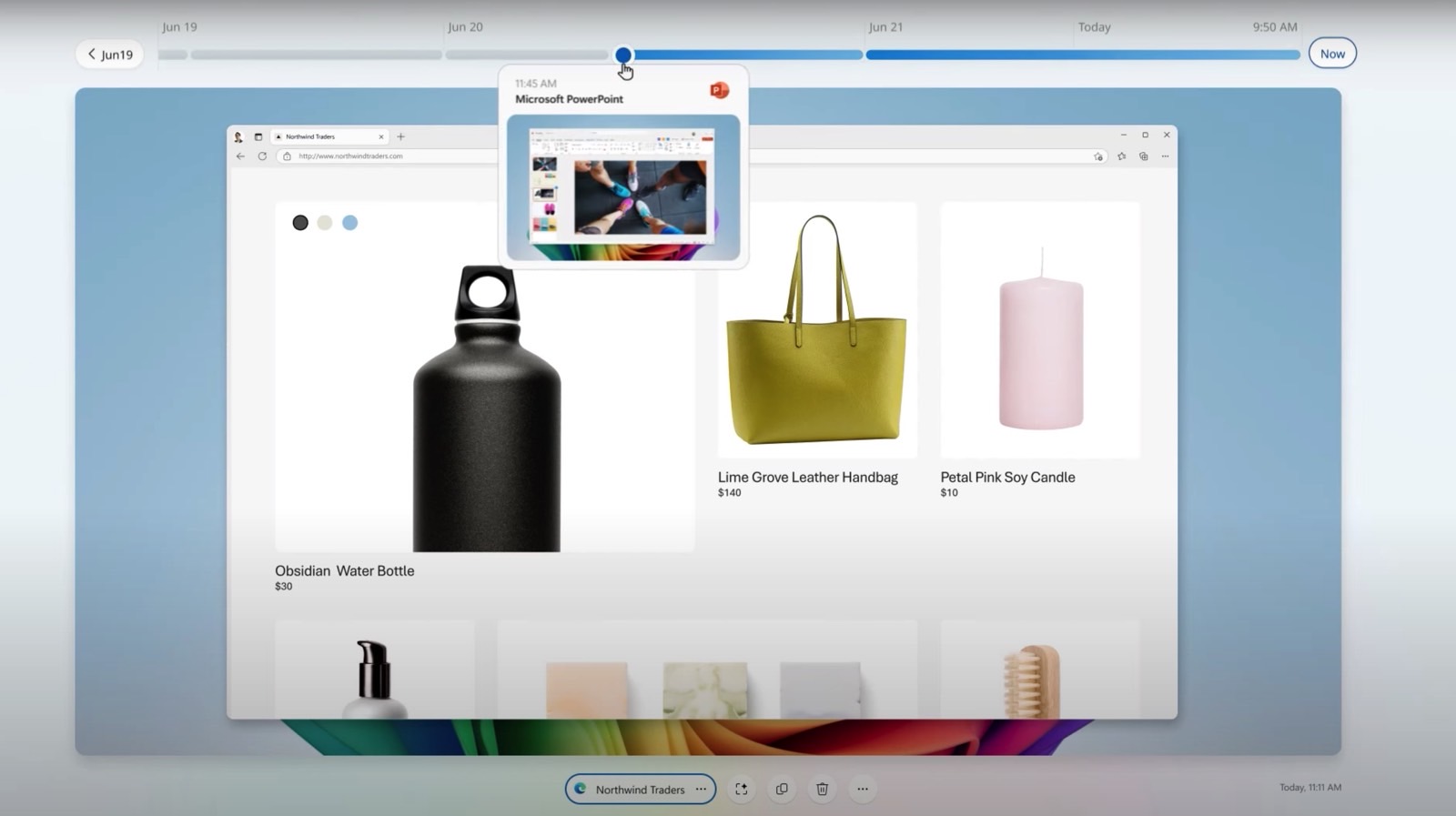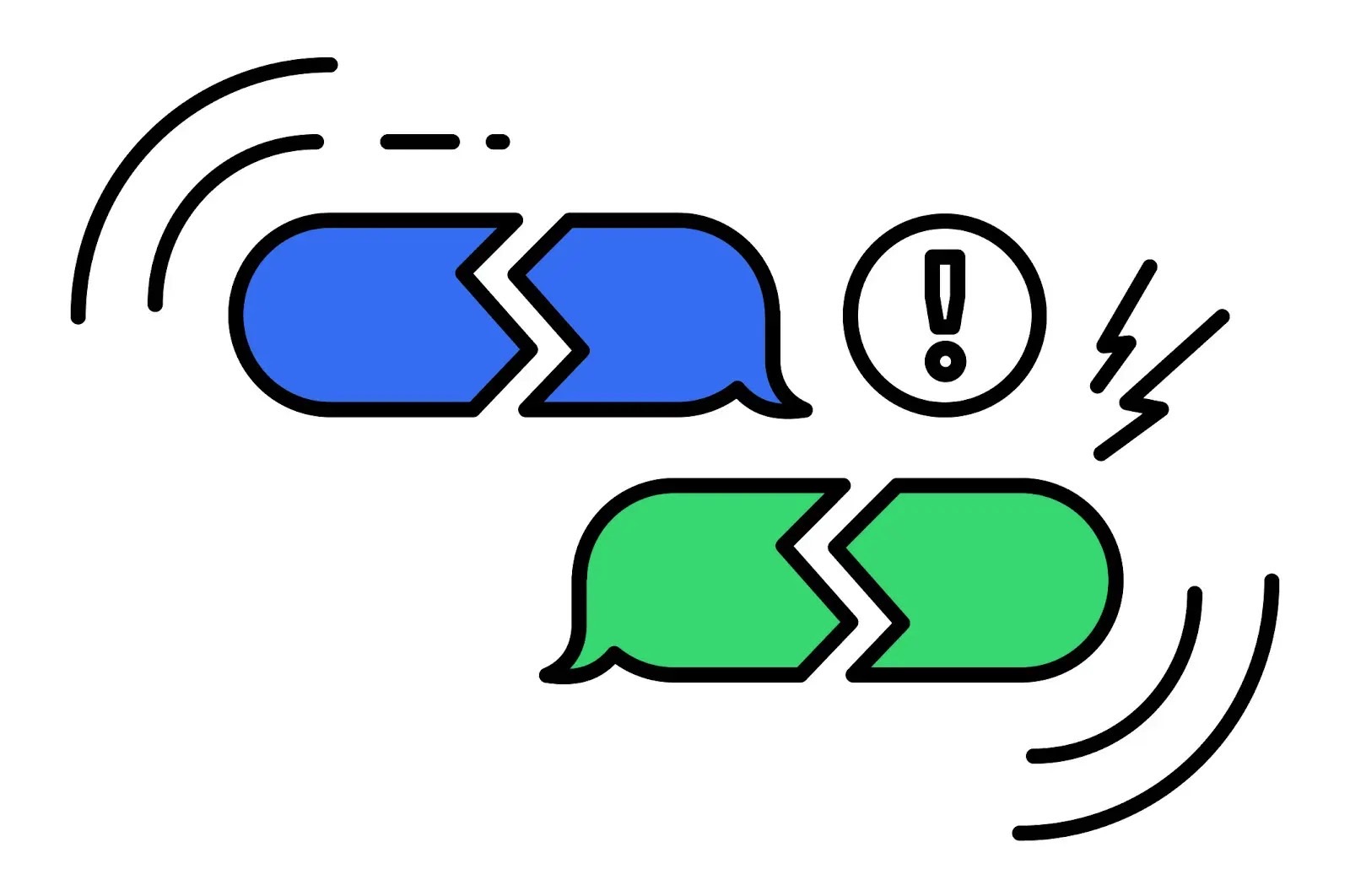Texting is probably my top means of communication during daytime hours. I talk to family, friends, and coworkers mainly by text. It’s not just iMessage on the iPhone, but also a plethora of chat apps that serve the same purpose across my devices.
Messaging has been my primary form of communication for years, even before the iPhone reshaped the mobile industry. And as much as I want to reduce my screen time, I don’t see things changing anytime soon.
However, there is an inevitable shift to AI happening right now. After the recent ChatGPT and Gemini upgrades, I’m more convinced than ever that I’ll be texting and talking to AI more than humans.
It’s not just me. It’ll happen to most people who work on computers all day long. It won’t happen overnight, but the shift is coming. Also, it’ll happen naturally and won’t feel forced in any way. It’s not because we’re about to mistake AI for human connections or get ourselves an AI-powered significant other like in the movie Her. We’ll talk to AI more because it’ll help us get things done faster.
ChatGPT’s new features
OpenAI made two huge changes with its big GPT-4o upgrade last week. First, ChatGPT’s voice mode got a major update. You can talk to the AI almost like a human. You can interrupt the conversation, and the AI will keep up. And you can use all sorts of inputs, including text, images, and video to complement that voiced-based interaction.
Secondly, the ChatGPT app got a big design update. It now looks more like a chat app than before. And why wouldn’t it? After all, ChatGPT is a chatbot. Texting is the primary way you interact with it.

Soon after OpenAI’s event, some criticized ChatGPT’s voice capabilities for sounding too human. I thought that was a nearsighted link of thinking. ChatGPT went viral in late 2022 because it seemed like a human when answering text prompts. It did so in an app that reminded many of instant messaging with actual people.
You’d want the AI to have similar voice capabilities. That doesn’t mean you’ll forget AI is not human.
Satya Nadella made a point during Microsoft’s Build conference earlier this week: you should not treat AI as a person. I certainly won’t.
However, I will say that I don’t fully agree with Nadella. Microsoft’s CEO is also of the opinion that AI should not be anthropomorphized. He didn’t mention OpenAI’s new voice abilities for GPT-4o, but his comments came after the big upgrade that ChatGPT just got. I think an AI that sounds more human, via text or voice, might be a lot easier to talk to.

Back to the big AI developments this month, it’s obvious that AI upgrades are happening faster and faster now. These new features will make texting and chatting with AI much easier and more convenient because you’ll get things done faster.
Computing with personal AI
This brings me to the other computing experience that takes up most of my time: googling. What I mean by “googling” is searching the web for information. I don’t actually use Google Search that much on my devices anymore. Instead, I rely on a combination of ChatGPT, Perplexity, and DuckDuckGo to find information and answers to my questions.
Like texting, I’m pretty sure many people search the web multiple times a day, no matter the devices they use. Searching for content in apps, like Netflix shows, also falls into the same category.
The difference between searching the web with AI and performing a regular “dumb” internet search is that the former will usually involve a conversation with AI. You’ll refine your initial prompt or ask subsequent questions.
It’ll all feel natural because the experience mimics chatting with your friends and family. You say something, and the AI responds. There’s no gap in communication, no waiting for a reply; it’s all immediate.

Add in ChatGPT’s new voice capabilities, and you might talk to your devices more than you speak to Siri, Alexa, or some of your friends and family. You’ll issue commands to ChatGPT and Copilot or ask questions while working on something else on your computer or phone. Or while you’re doing something else entirely.
Sooner than later, we’ll get personal AI assistants from Apple, Google, and Microsoft that know us more intimately. OpenAI already wants to do that with ChatGPT; Sam Altman practically told the world so before GPT-4o’s arrival. It’ll be like having the computer in Star Trek or Tony Stark’s AI ready to address all your needs.
We’ll trust these AIs with our information, and they’ll become a critical part of our computing experience. We’ll tell them what to do on our computers, what apps to open, and what to do with them. When it’s not convenient to use voice, we’ll text them. But I have a feeling voice will be the primary option. We’re lazy like that, and we’ll prefer the easiest solution.
Talking to other people via AI
Ironically, we’ll probably use AI to summarize text and voice messages from real humans. And then we’ll rely on chatbots like ChatGPT to send texts and voice messages to our friends and family.

Before you know it, you’ll be talking to your AIs more than other humans. I’m certain I will, especially once I can control my Mac and iPhone via voice. It’s not bad as long as you remember why you’re doing it. Talking to humans will remain my priority. I won’t be looking for a Samantha operating system anytime soon or ever — you really have to watch Her to get that reference.
Ultimately, talking to AI might actually help me reduce my overall screen time without cutting time and attention from the needs of my family and friends. Rather than switching between devices and apps to text someone, I’ll probably do it via AI. Humane wanted to achieve that with the Ai Pin, but that gadget was the wrong approach.
